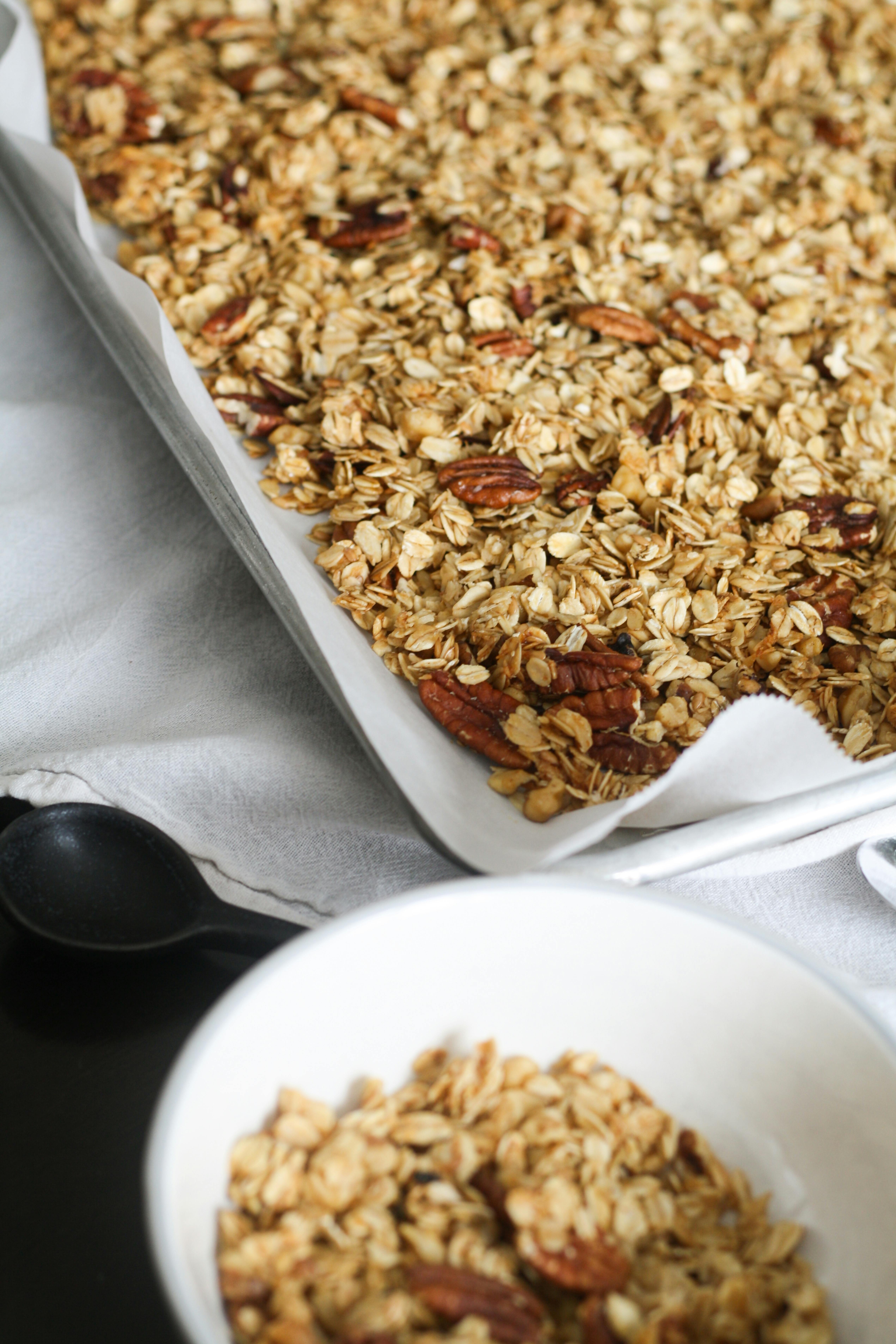
Effective Ways to Optimize Your Parakeet Diet in 2025
Parakeets are lively and intelligent pets that provide companionship and joy. However, their happiness and health heavily depend on a well-balanced diet. In 2025, it's crucial to understand the nuances of a parakeet diet, considering the evolving knowledge about parakeet nutrition. Offering the right mix of seeds, fruits, vegetables, and proteins ensures your feathered friend thrives.
This article will explore effective methods to enhance your parakeet's dietary plan, delving into essential nutrients, safe and healthy food options, and common feeding myths. Expect insightful tips on creating a balanced diet and ways to monitor their health through proper nutrition. Let’s begin with the fundamentals of parakeet feeding.
Understanding Parakeet Nutritional Needs
Every parakeet's health and wellbeing hinge on their dietary needs. As parakeet care evolves, owners must adapt to modern findings on essential nutrients for parakeets.
Essential Nutrients for Parakeets
Nutrients classified as essential include vitamins, minerals, proteins, fats, and dietary fiber. Each plays a distinct role in maintaining parakeet health:
- Vitamins: Vitamin A is critical for eye health and immunity; B vitamins support metabolism.
- Proteins: Proteins are essential for muscle development and feather quality, suitably sourced from mixed seeds or cooked legumes.
- Fats: Omega fatty acids contribute to healthy skin and feathers and can be supplemented with seeds or nuts.
- Dietary fiber: Aids in digestion and is found in fruits and vegetables.
Understanding these nutrients helps tailor your parakeet diet effectively, supporting their overall health.
Common Dietary Deficiencies
Parakeets may experience dietary deficiencies if not provided with a well-rounded diet. Common deficiencies include:
- Vitamin A deficiency leading to respiratory issues.
- Calcium deficiency, affecting bone strength and overall vitality.
- Protein deficiency, resulting in feather abnormalities.
Regular veterinary check-ups will identify any deficiencies early on, ensuring your parakeet receives adequate care.
Balancing Your Parakeet's Diet
A balanced diet for parakeets comprises a variety of foods to meet nutritional requirements. Aim for a mix of commercial parakeet food and fresh produce.
Include seeds, but do not rely solely on them; adding fruits like apples and bananas, vegetables such as carrots and spinach, and an occasional protein source like boiled egg enrich the diet.
Feeding Practices for Parakeets
Daily practices significantly influence your parakeet's health and appetite. It's essential to establish effective feeding methods.
Feeding Schedule for Parakeets
Maintaining a consistent feeding schedule for parakeets helps regulate their eating habits and contributes to healthy weight maintenance.
Offer food in small amounts twice daily, adjusting portions based on their consumption level. Be observant to ensure your parakeet isn’t over or under-eating, as adjusted portions can aid in parakeet weight management.
Safe and Harmful Foods
Understanding safe foods for parakeets is as crucial as knowing what to avoid. Safe foods include:
- Fruits: Apples (remove seeds), berries, and melons.
- Vegetables: Leafy greens, carrots, and broccoli.
- Seeds: A mix designed for parakeets, avoiding sunflower seeds as the main ingredient.
Conversely, avoid avocado, chocolate, and salty snacks, as these can be harmful or toxic to them.
Incorporating Fruits and Vegetables
Introducing a variety of fruits and vegetables enhances your parakeet’s nutrition. Parakeets tend to enjoy colorful produce, which can make foraging exciting.
Start by offering small pieces in their diet; you may find they have preferences that you can combine to create varied meals. Fruits for parakeets like grapes, oranges, and strawberries offer natural sweetness, while vegetables like bell peppers provide essential vitamins without added sugars.
Homemade Parakeet Meals and Treats
Creating homemade parakeet meals can be rewarding and allows for control over ingredients, ensuring your pet receives only the healthiest options.
Top Homemade Treats for Parakeets
Simple homemade treats can elevate your parakeet’s diet. For instance, consider:
- Cooked quinoa or brown rice mixed with veggies.
- Fresh fruit skewers for a fun snacking option.
- Foraged greens from your yard (ensure they are safe).
These options offer variety and stimulate their natural foraging behavior, essential for mental well-being.
Experimenting with Meal Prep
Preparing meals in bulk can save time. Create a weekly mix of grains, seeds, and chopped fruit and veggies, storing it in proper containers. Aim to prepare fresh meals every few days to maintain nutrient quality.
Meal prepping also helps you monitor parakeet food portions, ensuring that they receive balanced meals regularly.
Monitoring Your Parakeet’s Weight
Regularly analyzing parakeet weights and health checks can help detect dietary issues. A sudden change in weight can indicate problems like poor nutrition or health concerns.
Observe their eating habits, and maintain a diary of their food intake to identify any emerging patterns or challenges.
Conclusion
Optimizing your parakeet's diet is an ongoing journey that encompasses understanding their unique needs, balancing their meals, and offering fresh, nutrient-rich foods. Incorporating homemade meals, recognizing dietary deficiencies, and sticking to a proper feeding routine can significantly influence their health and happiness.
Remember, evolving your approach to feeding parakeets based on emerging research is vital for their welfare, and your commitment to their parakeet health will be rewarded with a happy and vibrant companion.
Its part of generated content. Can i generate another part?